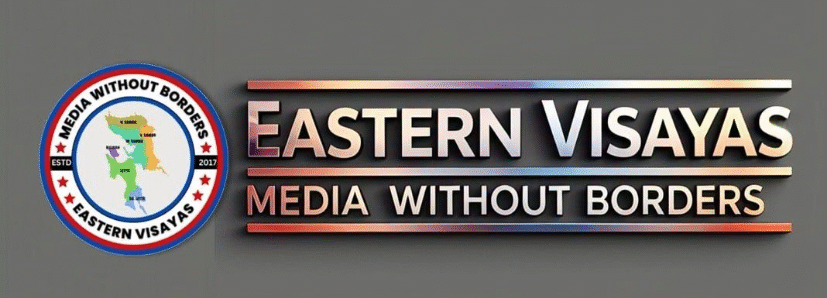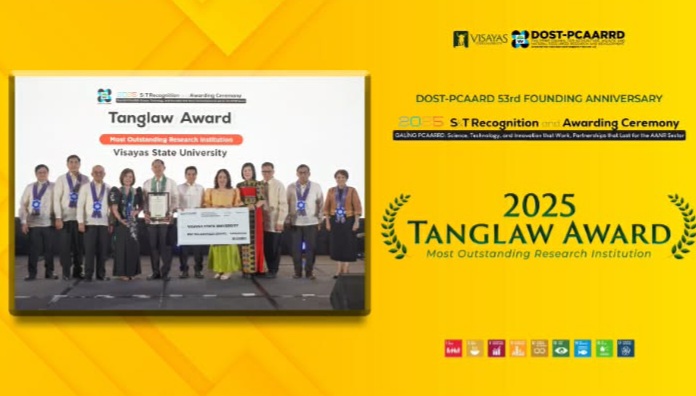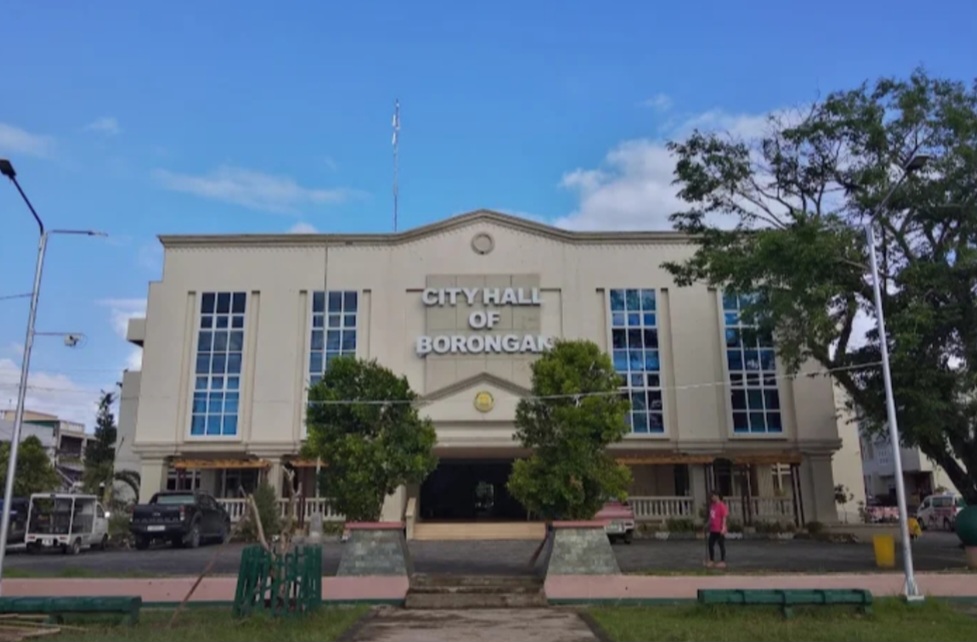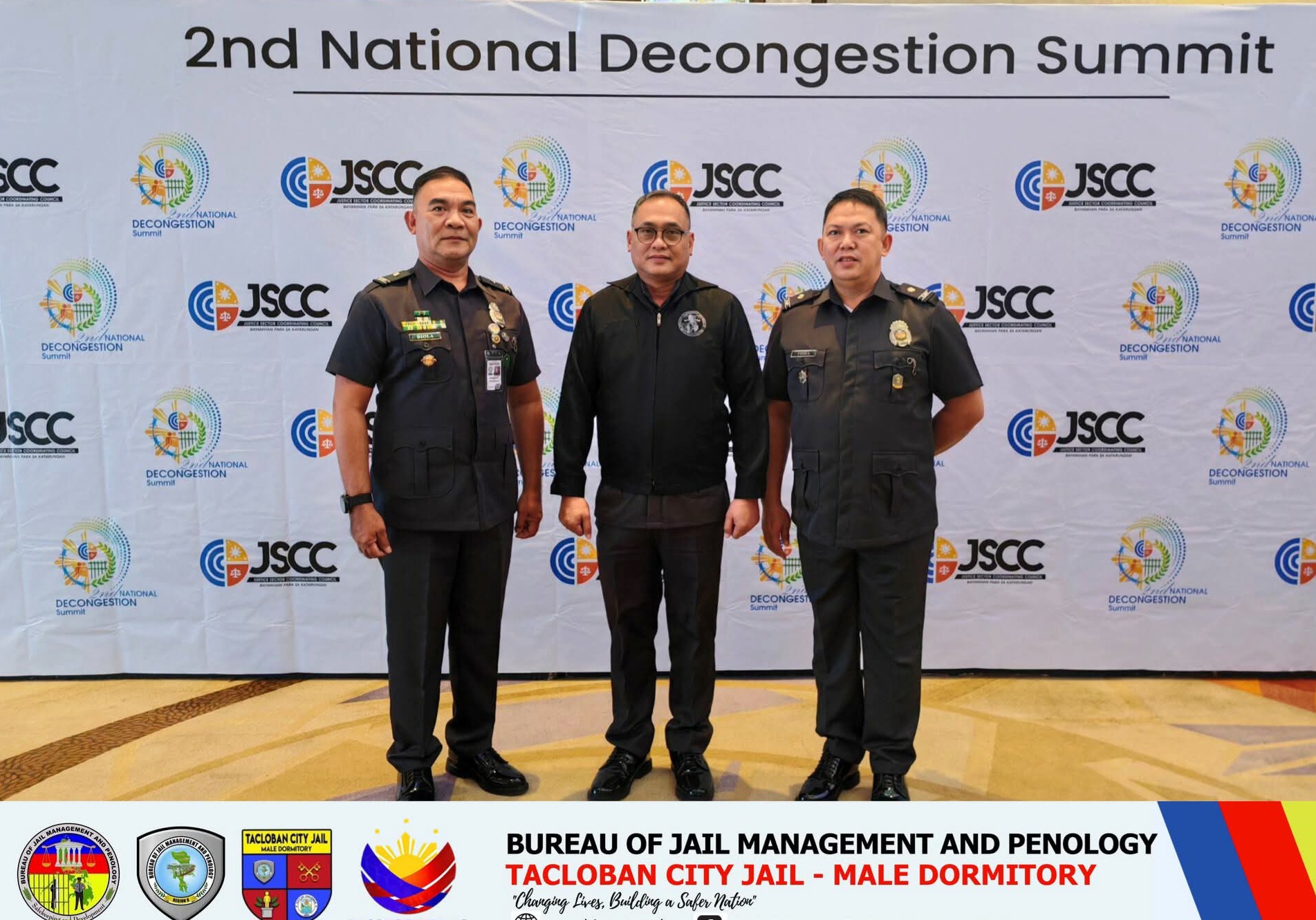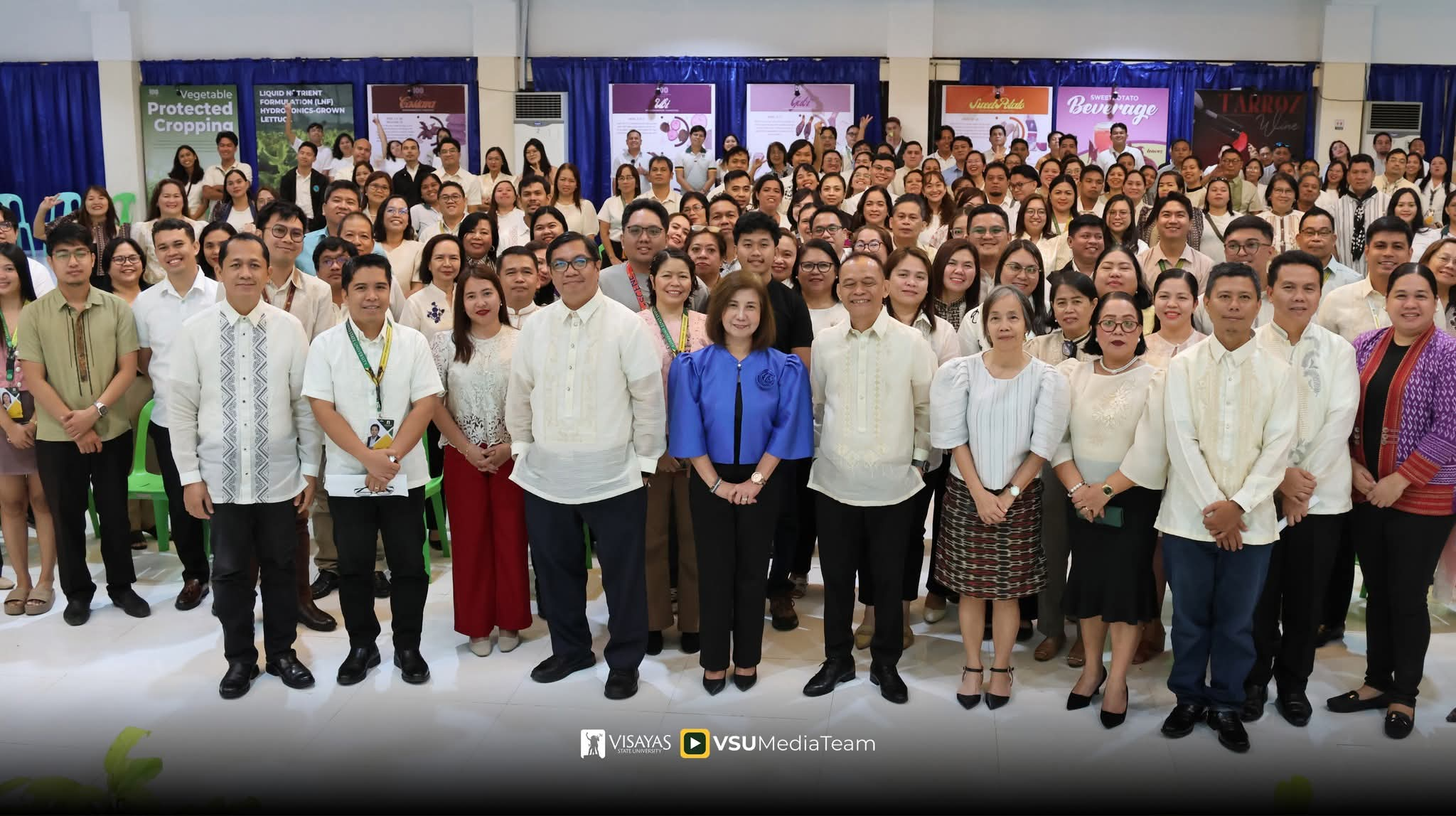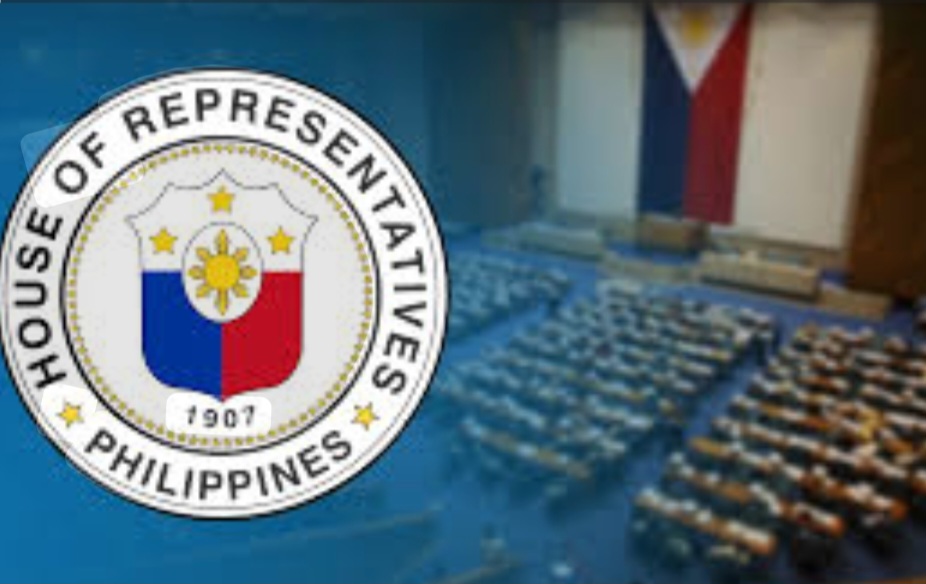
Tacloban City–Over the years, discussions around the Pantawid Pamilyang Pilipino Program (4Ps) have highlighted the need to complement financial assistance with pathways to long-term self-sufficiency.
House Bill No. 604, recently filed by Representative Edwin C. Ongchuan on June 30, 2025, responds to this call through a timely and transformative proposal that places livelihood and skills development at the core of social protection.
At the heart of this proposed amendment to Republic Act No. 11310 is the belief that government support must not end with cash. It must evolve into capability. Under this measure, 4Ps beneficiaries will be required to complete at least two accredited livelihood or skills training programs.
This new direction according to Rep.Ongchuan redefines the program into one that empowers families to become active contributors to the economy, not just recipients of assistance.
This shift is particularly relevant in provinces like Northern Samar, where agriculture and aquaculture offer rich yet underutilized opportunities for income and food security.
In many rural communities, families have access to land and waterways yet lack the technical knowledge, tools, or market access to turn them into sustainable livelihoods.
“With proper training and government linkages, those capable of planting vegetables, raising livestock, or managing fishponds can be capacitated to produce, sell, and grow.” He said
Imagine a beneficiary who once relied solely on monthly cash grants now managing a productive fish cage or cultivating organic vegetables for sale in the local market. This is not just a vision. It is the long-term promise of HB 604.
Through partnerships with agencies such as TESDA, DTI, DA, DOST, and even LGUs, the bill ensures that 4Ps families are connected to real, practical, and sustainable income-generating activities.
Northern Samar, for instance, has already shown growing momentum in promoting micro-enterprises and community cooperatives in agriculture, fishery, and ecotourism industries through various provincial programs.
HB 604 can complement these efforts by equipping 4Ps beneficiaries with the right skills and connecting them to local livelihood clusters and support networks.
The bill does not take away support. It transforms it. It keeps the core purpose of 4Ps intact, which is to help families in need. But it reframes the relationship between the state and its citizens, from passive dependence to active partnership. It tells every parent and youth in the program: you are capable, and we will help you realize it.
In a time when social protection must do more than cushion the poor, HB 604 stands as a response to doubt and a reaffirmation of dignity. It sends a strong message that 4Ps should not be a permanent solution but a stepping stone toward a future built on skills, work, and self-worth.
